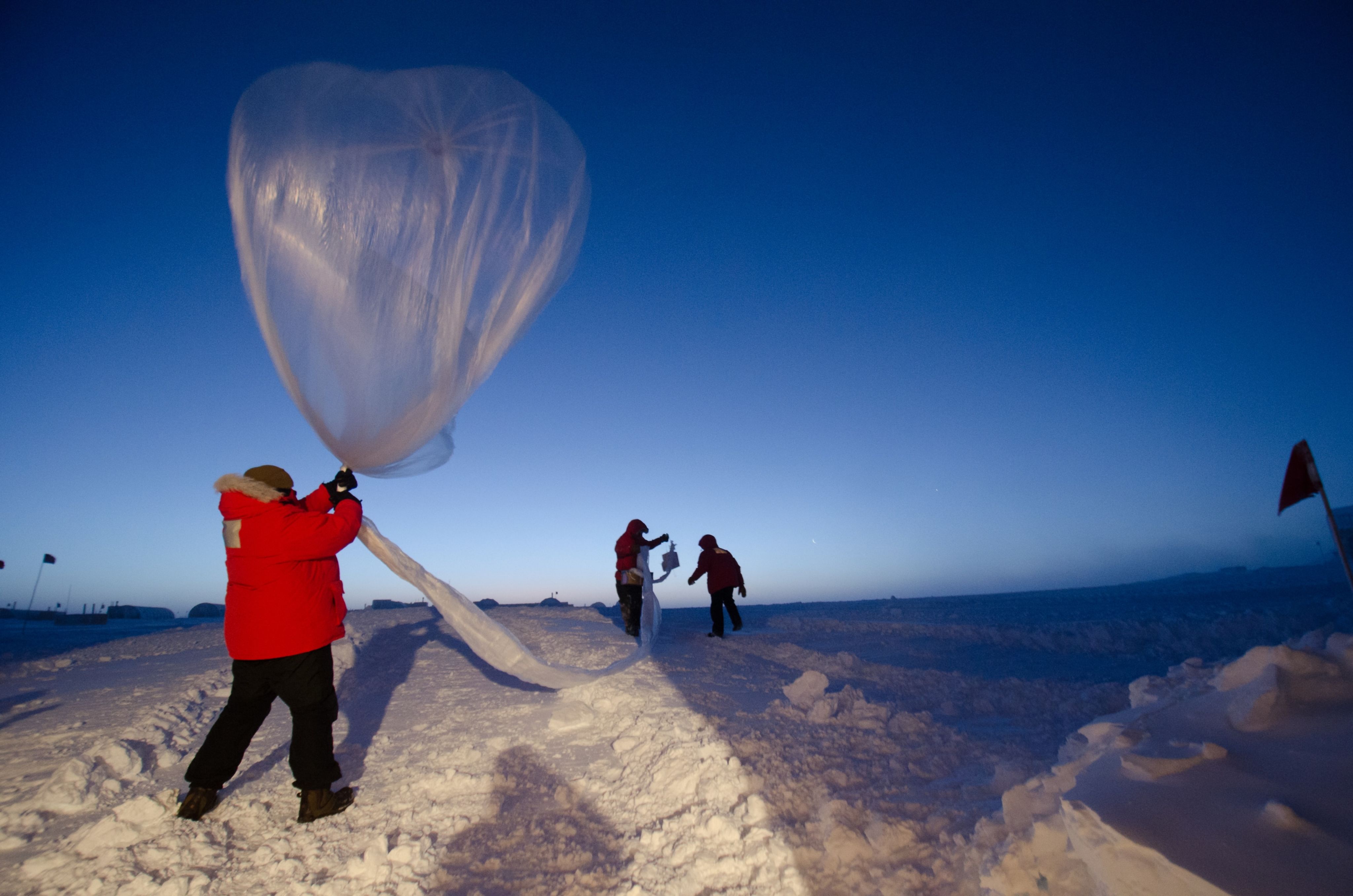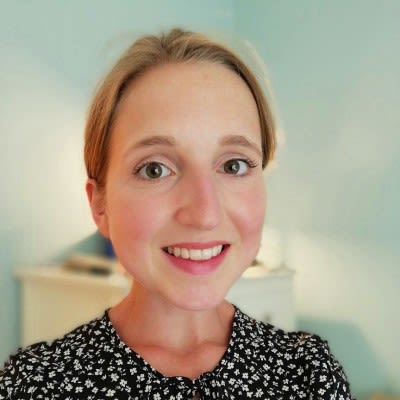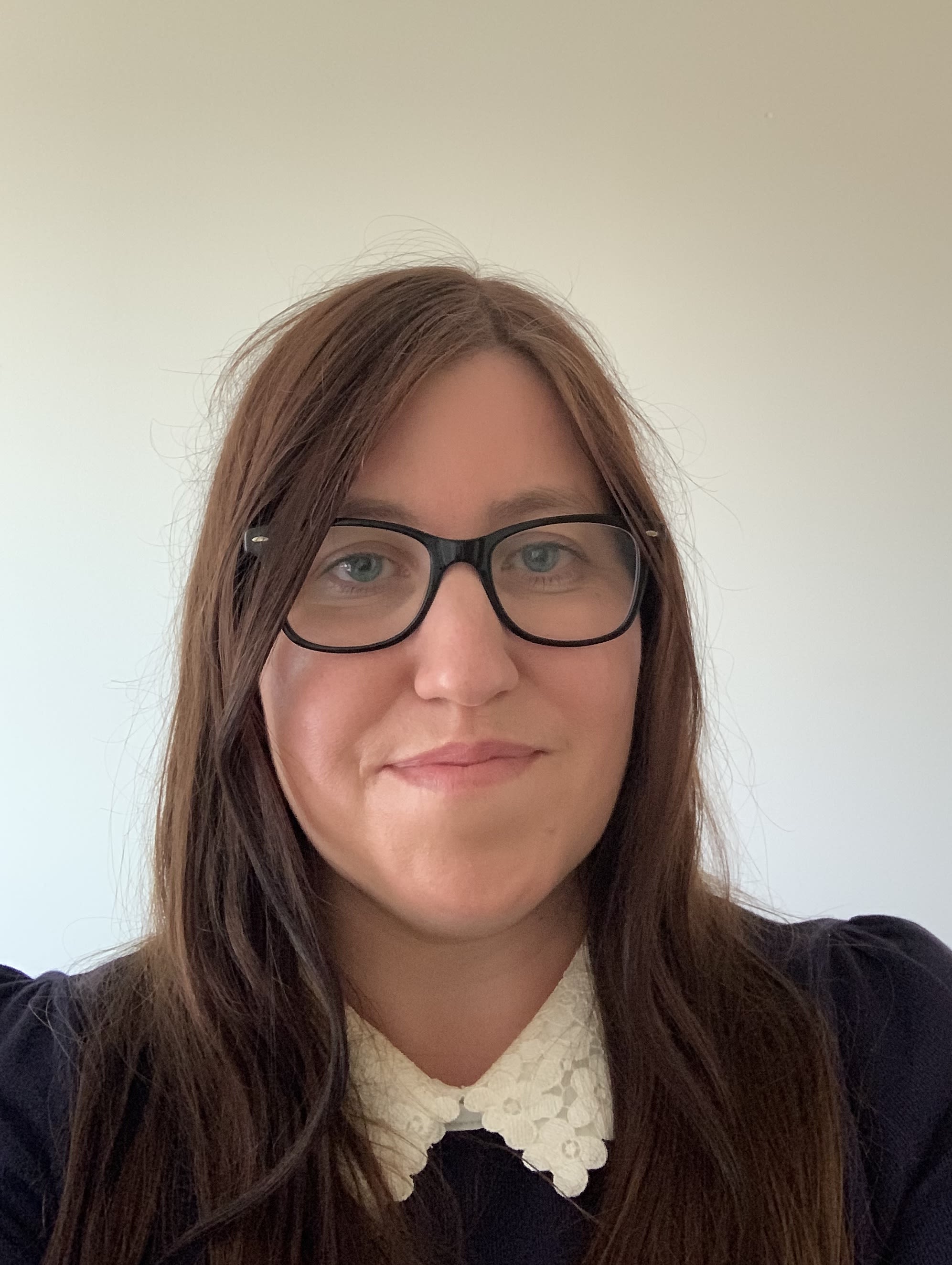Amplifying knowledge to improve real-world outcomes: Meet Hennie Thomson and Jillian Morrison
By Leah Kinthaert

Photo by Chuttersnap via Unsplash.
Photo by Chuttersnap via Unsplash.
Photo by Lara Jameson via Pexels.
Photo by Lara Jameson via Pexels.
Hennie Thomson, Portfolio Manager, Taylor & Francis
Hennie Thomson, Portfolio Manager, Taylor & Francis
Jillian Morrison, Development Manager, eContent
Jillian Morrison, Development Manager, eContent
In September 2015, world leaders attending a historic U.N. Summit set up 17 Sustainable Development Goals (SDGs) with the hopes to "end all forms of poverty, (and) fight inequalities and tackle climate change, while ensuring that no one is left behind."
Taylor & Francis has signed the Sustainable Development Goals Publishers Compact, a pledge which features 10 action points to accelerate progress towards the SDGs by 2030. It affirms our ongoing commitment to sustainable practices and to champion the SDGs during this U.N. Decade of Action (2020-2030).
As an organization, Taylor & Francis is committed to validating and amplifying knowledge to improve real-world outcomes. We support researchers, academic communities, and professionals in the publication, dissemination, and curation of quality, trusted content that supports the advancement and achievement of the U.N. SDGs.
We sat down with two people, Portfolio Manager Hennie Thomson, and eContent Development Manager Jillian Morrison – whose work focuses on promoting the achievement of the U.N.’s SDGs through our content – to ask them what they do, and why they think this work is important.
Hennie Thomson, Portfolio Manager
An exciting part of portfolio management is identifying opportunities to grow the list into emerging areas of research
Hennie Thomson, Portfolio Manager, Taylor & Francis: "I manage approximately 20 journals covering all areas of plant sciences, including botany and conservation, plant production, plant ecology and diversity, molecular plant biology, and some journals which focus on one plant such as seaweeds or lichens. The portfolio consists of both fully Open Access (pay to publish) and subscription journals (pay to read), as well as a significant proportion of society-owned titles. There is synergy between the Plant Science portfolio and other related fields, notably Ecology, Molecular Biology, Biotechnology, Agriculture, and Food Science, so I work closely with other Portfolio Managers where there are opportunities to overlap."
Thomson continued: "An exciting part of portfolio management is identifying opportunities to grow the list into emerging areas of research, especially with the increase of Open Access funding from many institutes. As well as developing the titles we already publish, a growing element of the role is researching the subject and determining where we should go next."
Plants are the future!
Describing how she ended up working with plant science, Thomson said it was a "mixture of luck and judgment!" She recounted the story: "When I started at T&F I was an assistant in the Humanities team, but moved over into the Life Sciences to take a role as a managing editor when the opportunity arose. The more I learn about plant science research from editors, societies, and from attending conferences, the more fascinating I find it; plants are the future!"
Thomson explained why her role worked out to be such a good fit. "I have always had an interest in sustainability and conservation – I grew up in a National Park in the UK so I was surrounded by nature conservation. When I joined the LEES (Life, Earth and Environmental Sciences) team, other PMs were already focusing on how our journals link with the U.N. SDGs, and I wanted to get involved with that. Plant Sciences overlap so much with sustainability – from carbon capture and rewilding to green biotechnology and the future of food – plants can be the indicator and the solution to many climate-related issues."
Plants can be the indicator and the solution to many climate-related issues
"In the LEES (Life, Earth and Environmental Sciences) team, Matt Whittle, Anindita Pandey and I have taken the lead on the U.N. SDGs projects; this means finding ways to connect the research we publish directly with the U.N. Sustainable Development Goals, with the aim of increasing the impact of research tackling these important issues. Current projects include coordinating a series of article collections in journals which link to the U.N. SDGs; launching the Key Policy Highlights on a number of journals, and working with marketing on the Earth Day promotions."
"Although I’m not a scientist, I do always find attending conferences an inspiring experience. Meeting academics when they are presenting their latest research always fills me with awe – they care so much about their subject which is definitely infectious. I do remember speaking to one researcher about her study in agroecology – this was investigating how planting different species of plants and crops can increase biodiversity and soil health. She certainly persuaded me it was a good idea; after all, an important facet of science is being able to communicate its importance to non-scientists (like me!)."
"On a more personal level, some of the women editors I work with are an inspiration. When they started their careers, and to a certain extent still today, plant science was extremely male-dominated. The way that these women have persevered and reached the top of their field is really inspiring."
Jillian Morrison, Development Manager: eContent
We work with our advisory board, made up of experts across the 17 SDGs, to ensure we’re covering the latest developments and responding to real-world events that impact the SDGs...
Jillian Morrison is the Development Manager of eContent at Taylor & Francis. She provided some background for us on why the U.N. SDGs were developed, and why Taylor & Francis is championing these goals.
"The United Nations developed the Sustainable Development Goals in order to address the world’s most critical challenges: ending poverty and hunger, improving education, fighting inequality and injustice, protecting the planet, and ensuring a life of dignity for all. Formed of 17 interconnected goals in an ambitious 15-year plan, the SDGs were adopted by all 193 member states of the United Nations in 2015 and set out an agenda to change the world for all for the better between now and 2030."
"As one of the world’s biggest and most influential knowledge organizations, there was an opportunity for Taylor & Francis to make a positive impact on the world’s problems and challenges. Drawing on the depth and breadth of our publishing across both STEM and HSS disciplines in books and journals, we created a unique resource that comprises a curated collection of our core SDG-related content from published books and journals, together with new pedagogical and overview materials that we call our Teaching & Learning material."
We have a Thought Leader section on the platform that allows us to quickly commission and upload new writing on topics such as the COVID-19 pandemic and the outcomes of the COP26 U.N. Conference
Morrison elaborated on how Taylor & Francis ensures the content is as relevant and impactful as possible. "New content is added to the platform twice a year – chapters and articles from recently published books and journals, as well as newly created Teaching & Learning material developed by our authors."
"We also continue to work with our advisory board, made up of experts across the 17 SDGs, to ensure we’re covering the latest developments and responding to real-world events that impact the SDGs. For example, we have a Thought Leader section on the platform that allows us to quickly commission and upload new writing on topics such as the COVID-19 pandemic and the outcomes of the COP26 U.N. Conference."
"SDGO was one of the first digital products to be built by our in-house Technology team and on our dedicated eBooks platform, so it was a huge milestone for our digital publishing. We continue to work closely with our Product and Technology teams on other digital products, such as the Routledge Historical Resources and the Routledge Resources Online products, and we use the lessons and experience gained from developing and launching SDGO."
"SDGO also was and continues to be an opportunity for us to experiment with new content types. The Teaching & Learning material includes core essays, presentations, videos, etc. commissioned specifically for SDGO, and we’re able to track the usage of this material to see how it performs alongside the book and journal content. We’re looking to develop similar teaching and learning material on our other digital products, and that wouldn’t be possible without seeing what works on SDGO."
Like Hennie Thomson, Jillian Morrison didn't originally plan on working in sustainability, but she has found her journey thus far rewarding. "I’ve been at T&F for 13 years – after graduating with a Master's in Publishing from Edinburgh Napier University, I started as an Editorial Assistant on the Asian Studies list. After a couple of Commissioning Editor maternity cover roles, I worked on Major Works before moving across to the newly formed eContent team to work on digital products."
"I really enjoy reading the Thought Leader pieces on SDGO, especially those written as a response to real-world events impacting the SDGs."
Meeting academics when they are presenting their latest research always fills me with awe – they care so much about their subject which is definitely infectious.

 China
China Africa
Africa




